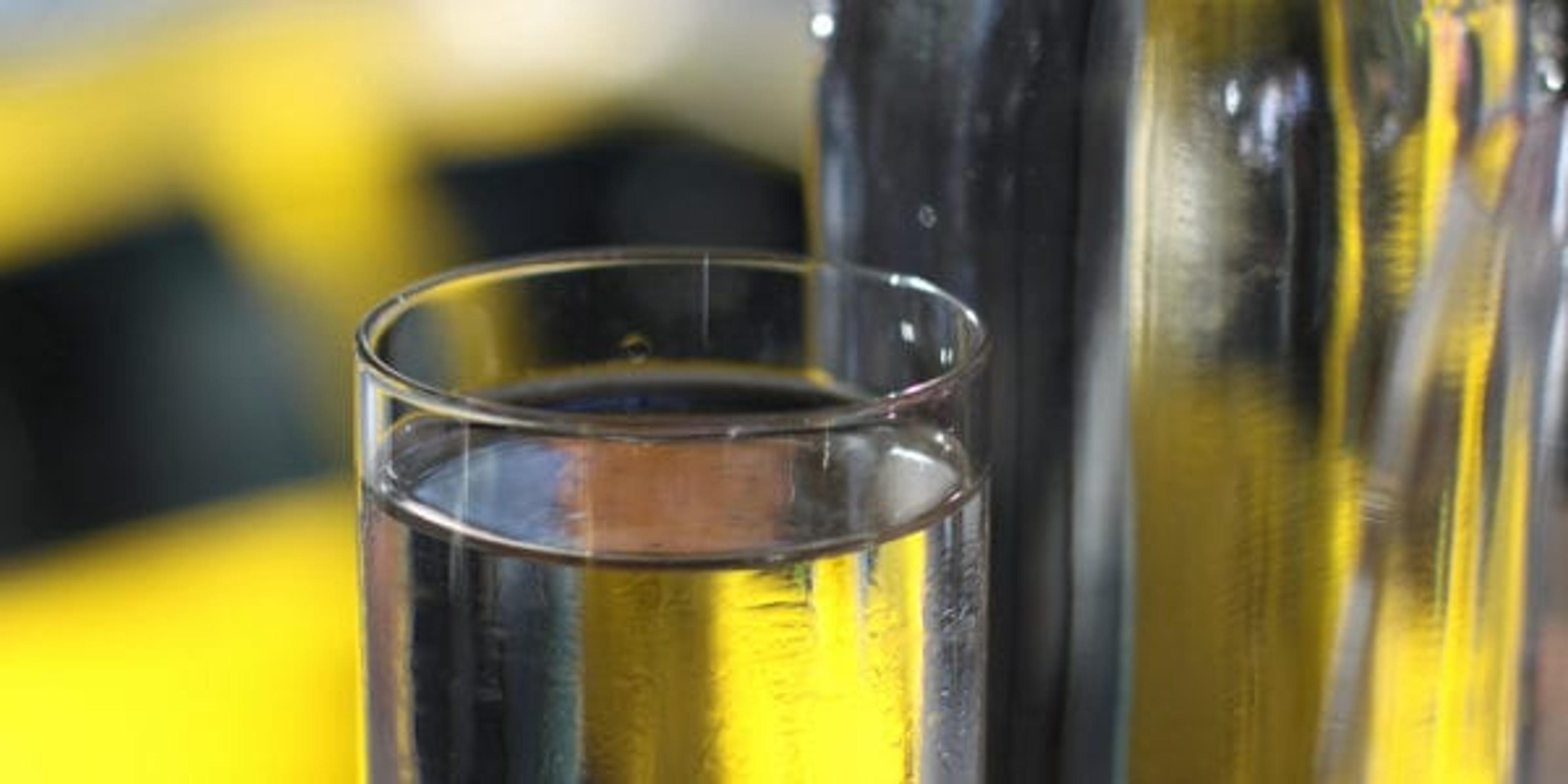Avoiding Summertime Dehydration
Guest Blogger
| 3 min read

Studies show that 75 percent of Americans drink significantly less water than what is recommended daily.
A common misconception is that dehydration results solely from water loss, however, it can also stem from chronic illness, medication, caffeine and alcohol intake and several other factors. Paired with long periods of time in the heat, cases of dehydration can escalate into more serious health issues including muscle cramps, severe exhaustion or heat stroke. Throughout summer, it’s important to keep in mind the dangers of dehydration and how to enjoy the warmer weather safely.
Learn the Signs
It can be easy to overlook some of the beginning stages of dehydration, especially on busy summer days. While it varies among individuals, some of the most common signs of dehydration include:
- Confusion or lethargy
- Decreased urine output
- Diarrhea
- Dizziness
- Dry mouth
- Dry skin
- Fainting
- Fever
- Headache
- Low blood pressure
- Rapid heart rate
- Thirst
- Tired or sleepy
- Urine is more yellow
- Vomiting
- Weakness
Who’s at Risk?
Although dehydration is a leading cause of hospital visits for seniors, it affects people of all ages. The recommendation for water intake depends on a variety of factors including diet, lifestyle, activity levels, pre-existing conditions and environment. For five to eight-year-olds, the recommendation is one liter daily. Nine to 12-year-olds should get in 1.5 liters and children ages 13 and older should be consuming up to two liters of water each day. A general rule of thumb for adults is to aim for at least half one’s body weight in ounces of water daily. Athletes and individuals managing diabetes or kidney disease, among other chronic illnesses, should consult their primary care provider to determine appropriate daily water intake.
Simple, Safe Measures
Fortunately, there are a variety of convenient ways children, adults and seniors can stay hydrated. Some methods include:
- Hydrating Foods: Approximately 80 percent of hydration comes from liquids, while 20 percent comes from foods. Incorporating a variety of vegetables and fruits that naturally hydrate is a great way to avoid dehydration. Water-dense foods include celery, cucumbers, strawberries and watermelon. It’s also important to consume foods that increase the body’s electrolyte-count such as cheese, milk, pickles and yogurt.
- Get Creative: For some, drinking water is a tedious task. To add flavor without compromising hydration, consider infusing fruits and herbs or freezing fusions into healthy, hydrating popsicles. Another option is to drink coconut water, natural juices or a sparkling water beverage. Keep in mind that coffee, tea, pop and other caffeinated drinks are diuretics that naturally decrease the amount of fluid in the body.
- Friendly Reminders: If staying hydrated throughout the day isn’t a habit, consider setting an alarm that acts as a reminder to drink two or three times an hour. Another great way to keep track of water intake is to mark times on a bottle to follow how much should be consumed at any given time of the day.
- Dress in Light Colors: While dark-colored clothing is great for UV-protection, it absorbs heat and can raise the body’s temperature quickly. Because sweating contributes to dehydration, it’s best to wear lightweight, light-colored clothing with sunblock outdoors.
- Cool Off: Whether it’s at a park, beach or in the backyard—remember to take breaks from the heat. For every hour of physical activity, drink 16-31 ounces of water.
If you enjoyed this post, you might also like:
About the Author: Dr. S. George Kipa, MD, is a deputy chief medical officer and Blue Cross Blue Shield of Michigan provider.
Photo credit: jenny downing





